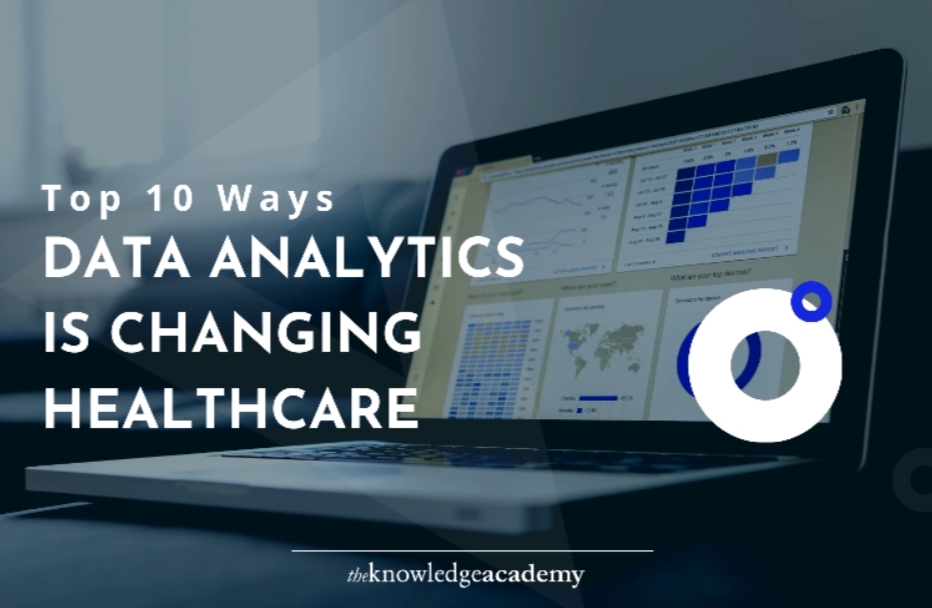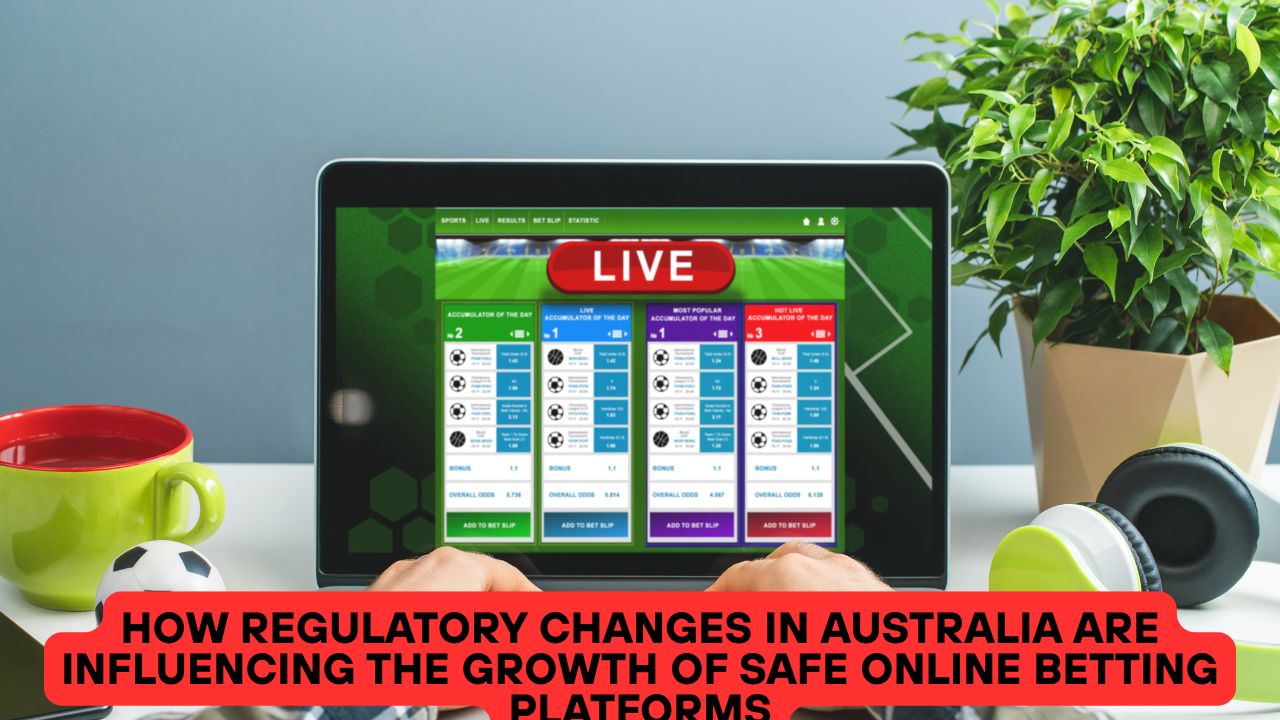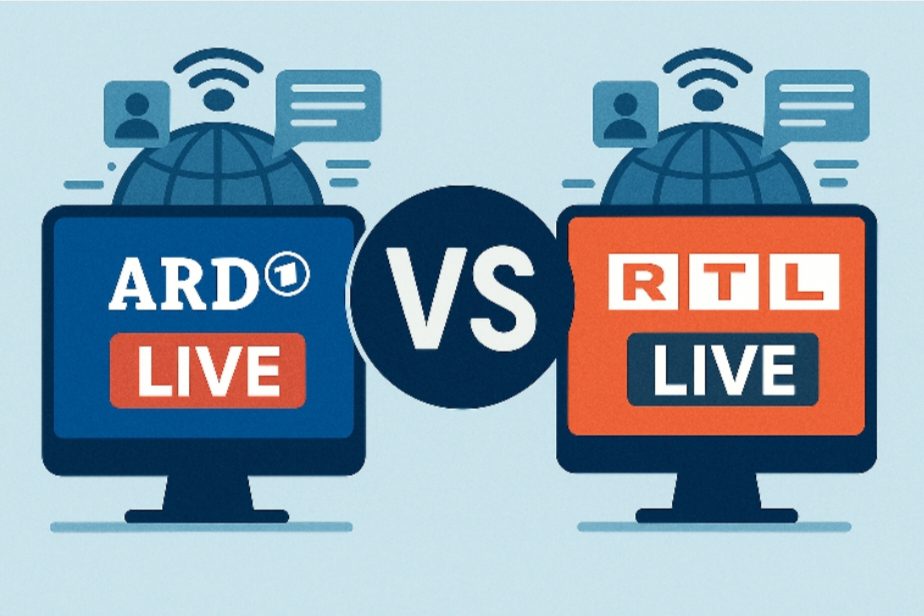
Did you know that by 2025, the worldwide healthcare analytics industry is expected to be shockingly $50 billion. This figure is evidence of the ability of data analytics to transform healthcare. Imagine a time when hospital readmissions are significantly lowered, and therapies are tailored to your genetic composition, where your doctor can predict a health problem before you ever show symptoms. This world is not some distant science fiction—it’s happening right now, thanks to the power of data analytics.
Are you prepared to explore the innovative developments transforming healthcare? Let’s explore how Healthcare Data Analytics transform into an incredibly personalised, creative, and efficient tool. From predictive analytics to customised treatment regimens, these developments are poised to redefine patient care and medical practice altogether. A Data Analytics Course is the key to understanding and leveraging these groundbreaking changes.
Contents
- 1 Table Of Contents
- 2 How is Data Analytics Changing Healthcare?
- 2.1 Enhanced Use of Predictive Analytics
- 2.2 Reducing Hospital Readmissions
- 2.3 Optimising Hospital Operations
- 2.4 Advancing Research and Development
- 2.5 Improving Population Health Management
- 2.6 Enhancing Diagnostic Accuracy
- 2.7 Personalised Treatment Plans
- 2.8 Cost Reduction and Efficiency
- 2.9 Supporting Telemedicine and Remote Monitoring
- 2.10 Enhanced Patient Care and Experience
- 3 Conclusion
Table Of Contents
- How is Data Analytics Changing Healthcare?
- Conclusion
How is Data Analytics Changing Healthcare?
Enhanced Use of Predictive Analytics
Imagine entering your doctor’s office, and instead of just addressing your current symptoms, your doctor uses your medical history, lifestyle, and genetic data to forecast potential health problems. This proactive approach enables personalised treatment plans to prevent issues before they arise. Predictive analytics uses enormous amounts of data to predict future health events, enabling early intervention and prevention. This proactive strategy can significantly lower the incidence of chronic diseases, including diabetes and heart disease.
Reducing Hospital Readmissions
Data analytics helps identify trends and risk factors connected to hospital readmissions. Examining patient data helps healthcare professionals create focused intervention plans to stop readmissions. This not only enhances patient outcomes but also lessens hospital resource strain and lowers healthcare expenses.
Optimising Hospital Operations
Imagine a hospital where resources are used effectively, long wait times are absent, and personnel levels match patient demands. Data analytics manages inventories, forecasts patient admissions, and optimises staffing plans, thus improving hospital operations. Faster operations and improved patient care follow.
Advancing Research and Development
Have you ever found it fascinating how new therapies and medications are created? Data analytics analyses enormous databases to find new medicines and assess their efficacy, accelerating research and development. This can significantly improve the introduction of fresh medications and therapies onto the market, possibly saving many lives.
Improving Population Health Management
Imagine being able to forecast and control communal health trends. Using population health data analysis, trend identification, and focused public health intervention development, data analytics lets healthcare providers address problems on a community-wide level; this can result in better health outcomes, including epidemic control and more efficient care of chronic diseases.
Enhancing Diagnostic Accuracy
Consider the most recent diagnosis you or someone you know underwent. Was there concern over the validity of the findings? Data analytics improves diagnosis accuracy through pattern and anomaly analysis of medical data. Early and more accurate diagnosis is vital for efficient therapy.
Personalised Treatment Plans
Ever wonder why a treatment that works for one individual might not apply to another? Data analytics enables the development of customised treatment regimens by analysing individual genetic information, medical history, and lifestyle decisions. Treatments can thus be customised especially for you, enhancing their effectiveness and lowering their adverse effects.
Cost Reduction and Efficiency
Have you ever found a medical bill shocking? Data analytics finds areas for cost savings and inefficiencies, helping to lower healthcare expenses. Healthcare providers can simplify procedures, reduce waste, and more wisely distribute resources using financial and operational data analysis. This raises the general quality of treatment in addition to saving money.
Supporting Telemedicine and Remote Monitoring
Imagine getting medical attention right from your house. Data analytics from wearable devices, mobile health apps, and telehealth consultations help telemedicine and remote patient monitoring. This gives patients quick and easy treatment, enabling constant monitoring and management of health disorders.
Enhanced Patient Care and Experience
Imagine never having to review your medical history each time you see a different doctor. Data analytics integrates and analyses patient data from many sources, giving healthcare providers a complete picture of a patient’s health. The outcomes are better-coordinated treatment, enhanced patient outcomes, and a more seamless patient experience.
Conclusion
Accepting the power of data analytics will help us see a time when healthcare is more customised, efficient, and effective than ever. This is an exciting period to be engaged in healthcare regardless of your level of patience, medical practitioner, or interest in the most recent developments. Consider joining The Knowledge Academy and learn data analytics possibilities to design a better future for all.







